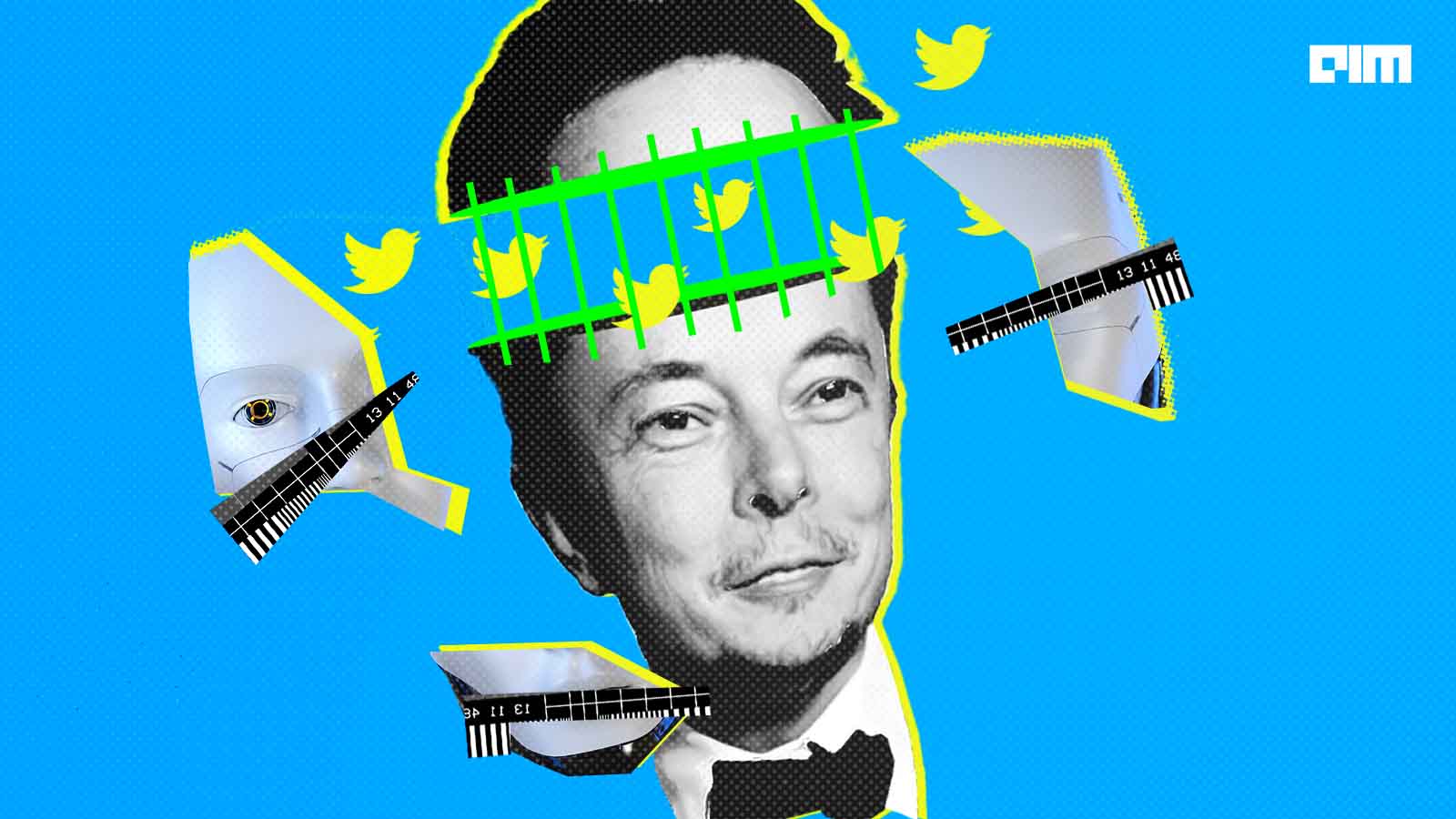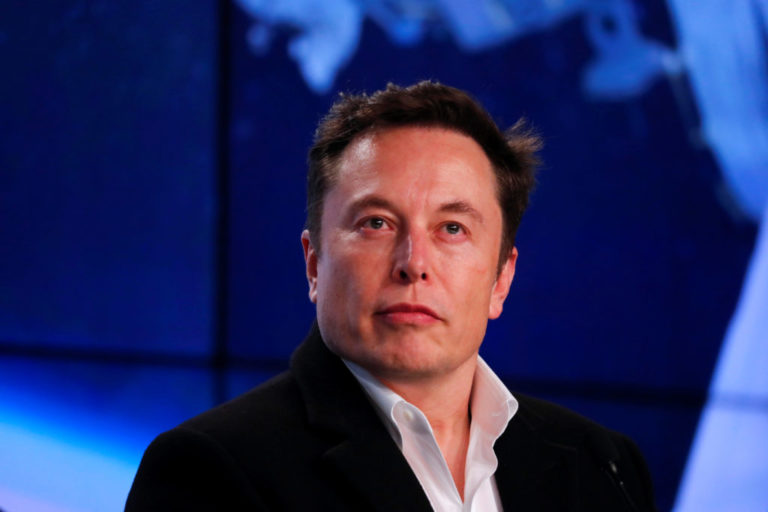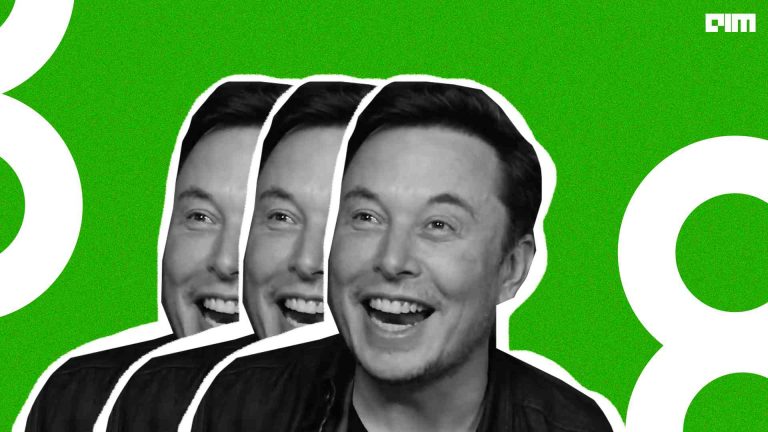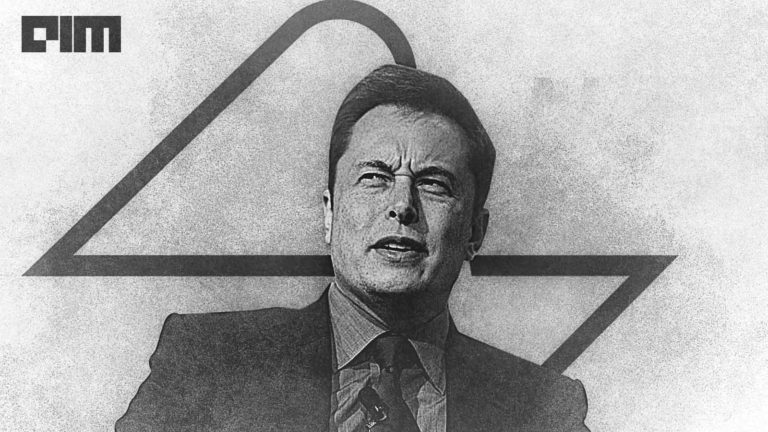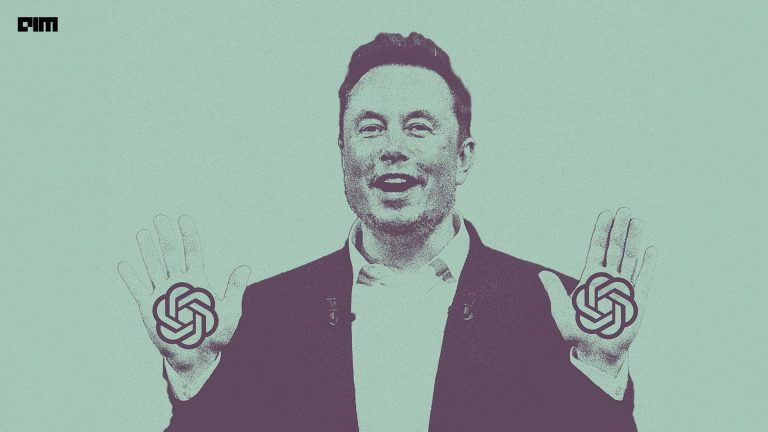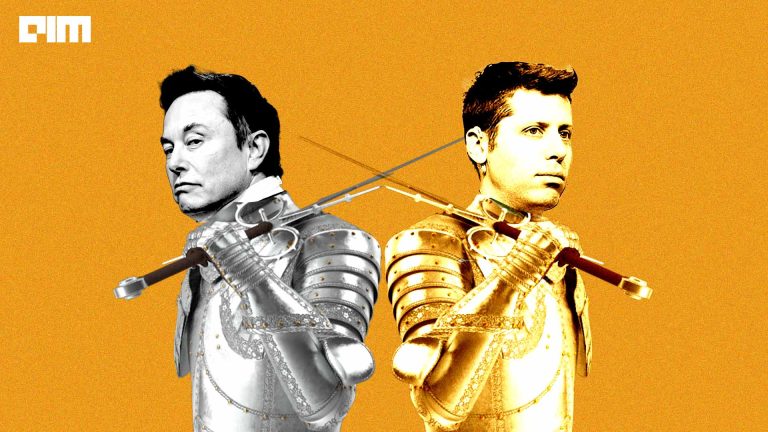Last Monday, in a dramatic turn of events that seemed to be lifted straight out of a thriller novel, Elon Musk clinched the deal to buy Twitter Inc. in a cash transaction for USD 54.20 per share, valued at USD 44 billion. Musk, the CEO of Tesla and the richest man on Earth, plans to take the popular social media company private. A frequent presence on the platform himself, Musk marked the occasion with a tweet on the importance of free speech. In fact, Musk has held multiple polls in the past on the subject, asking his 80 odd million followers on the platform for their opinions. Post the acquisition; Musk released a press statement with a list of sweeping changes that he plans to make, including making Twitter’s algorithms open source.
Richest, most indebted CEO
To finance the deal, Musk is reportedly loaning USD 13 billion using Tesla stock as collateral with USD 21 billion in cash, likely from selling Tesla shares. According to SEC documents, Musk will need to pledge USD 65 billion in Tesla shares. Even before bidding for Twitter, Musk had already pledged 88 million shares of the EV manufacturer for margin loans. Audit Analytics, a research firm, has revealed that Musk has a total of more than USD 90 billion pledged for loans. Despite Musk’s safe cushioning owing to fresh stock options that he received for meeting Tesla’s performance targets, there is little doubt about the level of risk involved in such loans.
It is unlikely that a businessman as savvy as Musk agreed to spontaneously purchase a social media platform in a highly-leveraged deal just because of his personal belief in freedom of speech. Is this a guise for Musk’s own ambitions with Twitter? What could he possibly want from it?
Access to datasets
Source: Twitter
Avid EV follower account, Whole Mars Catalog, tweeted, indicating that Musk could be looking to benefit from the huge volume of data that Twitter churns out every day. Data is vital for the improvement of all advanced autonomous vehicles like Tesla, especially for features like their sensor systems, the light detection and ranging (LiDAR), and sensor performance used to reduce false activations.
Tesla isn’t Musk’s only enterprise that could take advantage of having access to this data. Optimus, Tesla’s humanoid robot, trained with the goal of driving labour costs down, could also leverage Twitter’s rich dataset. Post the announcement of Tesla’s first-quarter results this year, Musk hyped the bipedal robot’s importance, claiming that Optimus would eventually be worth more than the company’s car business and full self-driving. Earlier this year, Musk also declared that Optimus was a higher priority to him than other Tesla vehicles that are highly anticipated themselves, like the Cybertruck and the Tesla Semi.
Source: Twitter
Free marketing
Musk has used Twitter to his advantage like very few have. His presence on the platform has caused waves among the media and Twitterati alike and powered Tesla’s free marketing campaign. Even if it may seem like he is often reckless with his media strategy, there is a method behind the madness. For instance, in November last year, the 50-year-old created a Twitter poll asking if he should sell 10 per cent of his stock, then worth USD 20 billion. On the face of it, this may appear impulsive; however, this was simply due to a pending tax bill. Musk had been awarded options in 2012 as a part of his compensation plan. These options were set to expire in April this year, and to exercise them, Musk would have to pay tax on the capital gains. The manner in which Musk engages with his followers and the persona he has built using Twitter have propelled the brand of his companies.
Source: Twitter
Avoiding SEC regulation
Musk’s antics on Twitter have led to several public run-ins with the US Securities and Exchange Commission, or SEC. In 2018, Musk signed a contract with the SEC over his tweets to take Tesla private at USD 420 per share. Musk and Tesla ended up paying a USD 20 million fine separately over the tweets. Incidentally, the car manufacturer still remains public, but stock prices jumped after his tweet. The contract also specified that Musk must take permission from Tesla’s lawyers before making tweets or sharing other information about the company. After completing the Twitter purchase, Musk immediately made a bid to revoke this agreement. This signals that Musk wants to use Twitter with complete impunity. By privatising Twitter, Musk also will be able to avoid SEC regulation and any external monitoring of the platform.
Source: Statistica, Maximum Twitter users (in millions) country-wise in Jan 2022
Discrediting critics and competitors
Twitter has grown to become a primary source of news owing to the important personalities and authority bodies that are on the platform. Musk owning Twitter would equal him owning a platform with news at its source. For Musk, the platform has also proven to be a perfect vehicle to respond to critics and naysayers, much to the joy of the audience. Recently, after Microsoft founder Bill Gates revealed he had a half a billion-dollar short open against Tesla, Musk mocked Gates and criticised his environmental philanthropy. Even earlier this week, Warren Buffett railed against bitcoin at Berkshire Hathaway’s annual shareholder meeting, to which Musk responded by poking fun at how many times Buffett had referred to bitcoin.
Source: Twitter
Source: Twitter
It may still not be obvious exactly how, but owning the company that gave him direct public access and brought in value for his brand might seem like the most logical step for somebody who has as much capital as Musk. The ‘exactly how’ and ‘by how much’ are questions we still have to wait to find out the answers to.


